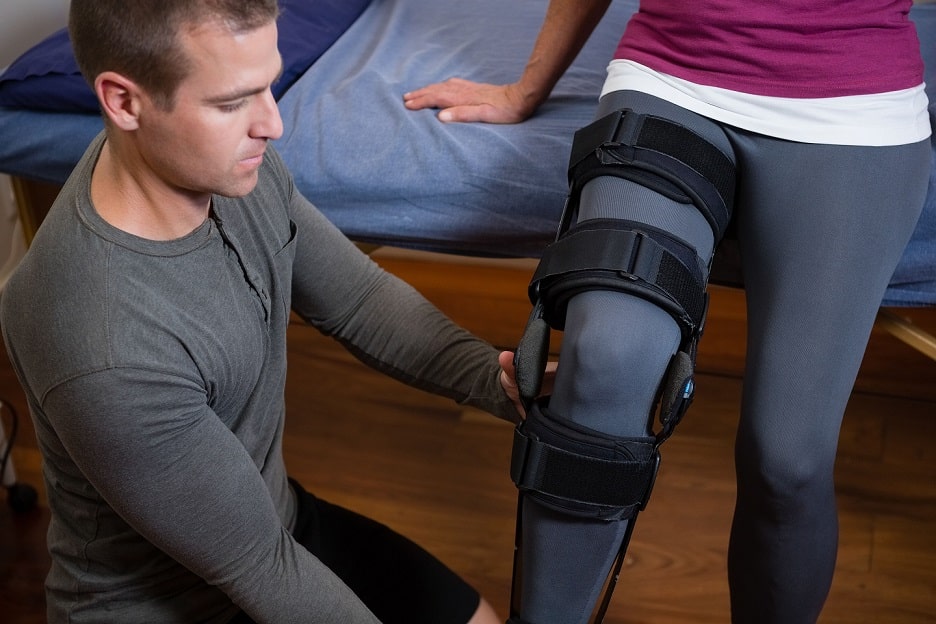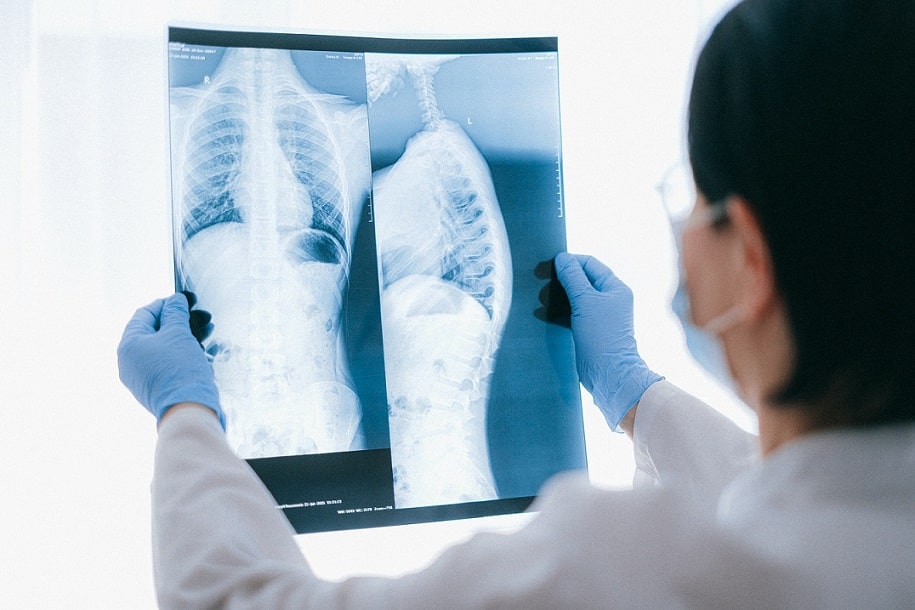 Personal injury and how to claim may seem like a daunting prospect to grasp at first; particularly when it’s riddled with crazy legal jargon and terminology. It will come as no surprise when I tell you that accident victims can be easily overwhelmed and disheartened at the idea of claiming. When paired with the substantially traumatising experience of the accident itself, victims are often left feeling angry, alienated, and cheated.
Personal injury and how to claim may seem like a daunting prospect to grasp at first; particularly when it’s riddled with crazy legal jargon and terminology. It will come as no surprise when I tell you that accident victims can be easily overwhelmed and disheartened at the idea of claiming. When paired with the substantially traumatising experience of the accident itself, victims are often left feeling angry, alienated, and cheated.
But fear not! Help is at hand, in the shape of our genuine No win, No fee agreement, shouldering the burden and pressures which accompany claiming for compensation, giving you the time and priority needed to focus your attentions on more important issues, such as your speedy recovery.
After information about your claim has been received, our primary action is the creation of a letter of claim which states the critical information surrounding your accident. This is sent to the third party defendant (person or company at fault). From here the third party defendant has a period of three weeks with which to pass this letter of claim to any relevant insurers, insurance brokers, or solicitors who represent them, or confirm they are dealing with it themselves.
Once we have received confirmation that the relevant parties are aware of our claim, a time frame is created from this date of three months which is for them to provide their decision as to whether they believe they should pay out or not (admitting or denying liability).
Within this period it is left to the discretion of the defendants parties to decide whether they believe themselves to be fully liable, primarily liable, or partially liable, resulting in contributory negligence if it is believed that the accident victim themselves is in some way moderately blameworthy with regards the incident or injuries (e.g. not wearing a seatbelt in a car accident). The admission of fault and confirmation to pay you compensation is decided based on the facts of the claim, and the evidence that can be obtained, which ranges most commonly from medical evidence to prove your injuries were caused by the accident, police reports and witness statements to prove your version of events, and any documents they may hold themselves to confirm whether they have breached their duty of care for you.
One the medical evidence has been sent to the other side, we expect an offer from them to settle your claim which reflects the suffering and hardship you have faced during the period your personal injury has effected you. It is our job to then fight for the highest payout possible for you.
With this in mind, however, it is important to understand that the third party defendant, after receiving our letter of claim and investigating the accident further, may believe that they are not responsible to pay you out, meaning it is left to us to seek advice from a barrister to discuss whether there is a good enough chance we can fight for your case and win at court. If, after concluding our discussions with the barrister, we are positively informed that there is a chance of receiving compensation, we dedicate ourselves on building the strongest case possible from medical sources and evidence we can obtain in the hope of creating a meticulous argument which proves the defendants negligence, and allows you to be compensated. However, if the advice provided from the barrister is of a negative nature, continuing your case could be too difficult to do. If this happens, the No Win, No Fee aspect of our agreement kicks in, and you are of course never charged.
For comprehensive advice as to whether you have a good claim or not, feel free to get in touch with us.

 Personal injury and how to claim may seem like a daunting prospect to grasp at first; particularly when it’s riddled with crazy legal jargon and terminology. It will come as no surprise when I tell you that accident victims can be easily overwhelmed and disheartened at the idea of claiming. When paired with the substantially traumatising experience of the accident itself, victims are often left feeling angry, alienated, and cheated.
Personal injury and how to claim may seem like a daunting prospect to grasp at first; particularly when it’s riddled with crazy legal jargon and terminology. It will come as no surprise when I tell you that accident victims can be easily overwhelmed and disheartened at the idea of claiming. When paired with the substantially traumatising experience of the accident itself, victims are often left feeling angry, alienated, and cheated.









